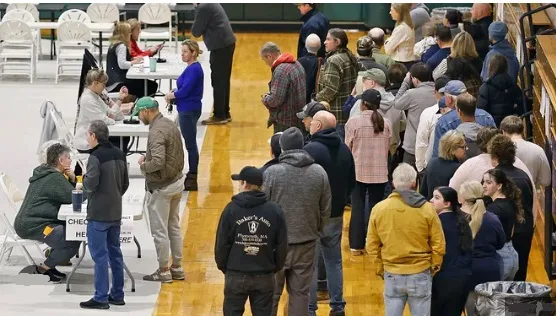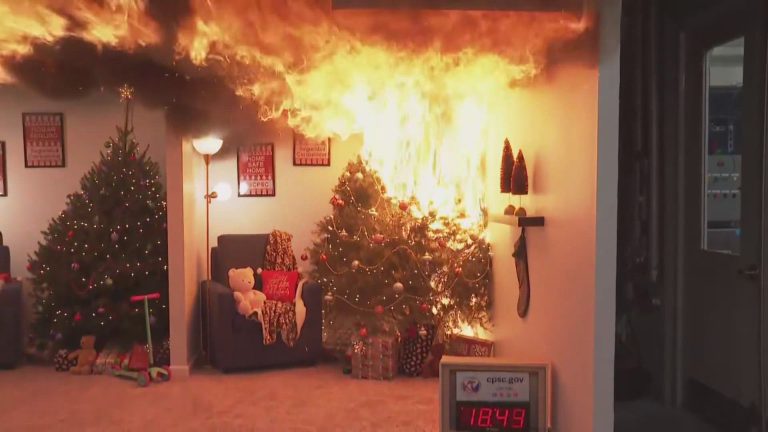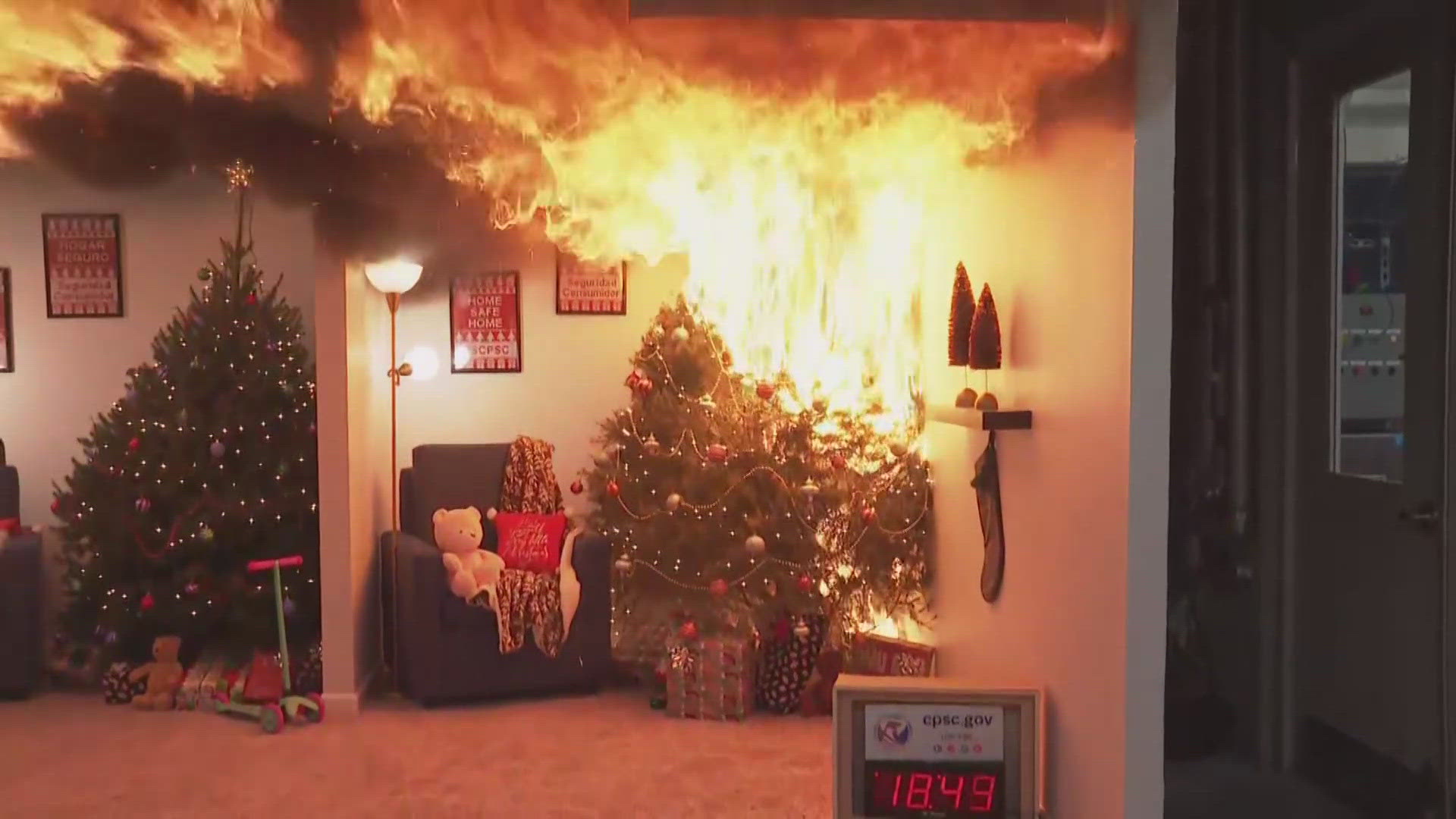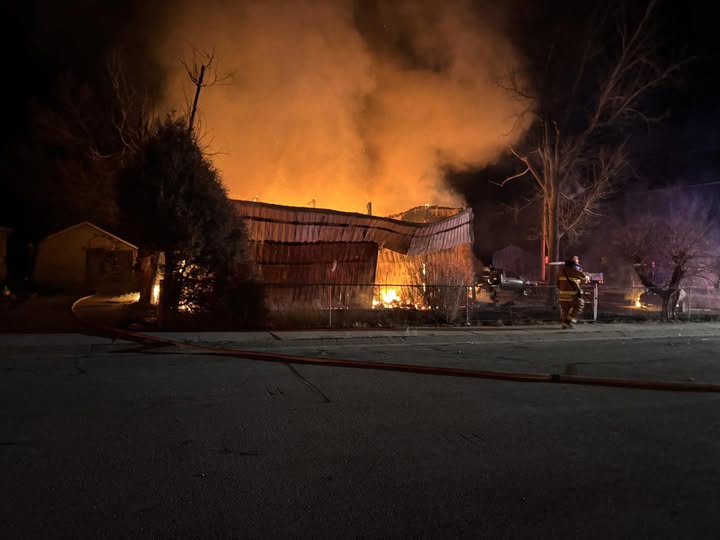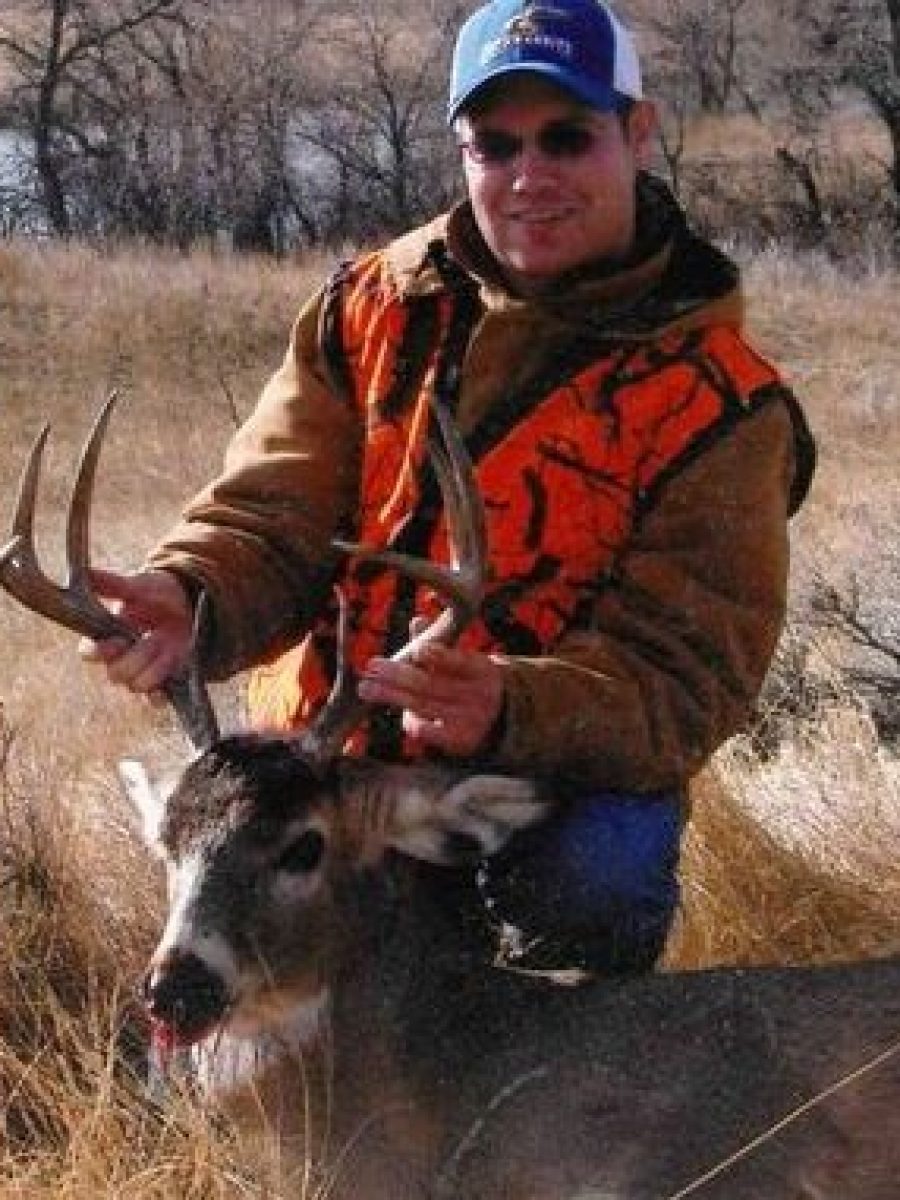PIERRE, S.D. — Agents from the U.S. Justice Department will be in four South Dakota counties today as “poll observers.” The DOJ announced on Friday they’ll be at 86 jurisdictions in 27 states to “monitor compliance with federal voting rights laws.”
South Dakota Secretary of State Monae Johnson responded with a letter to the Justice Department reminding officials, they can be “poll observers,” but not “poll watchers.” Only individuals representing a state candidate, party or ballot question committee are permitted to be “poll watchers.”
The four counties are Bennett, Jackson, Minnehaha and Oglala Lakota.
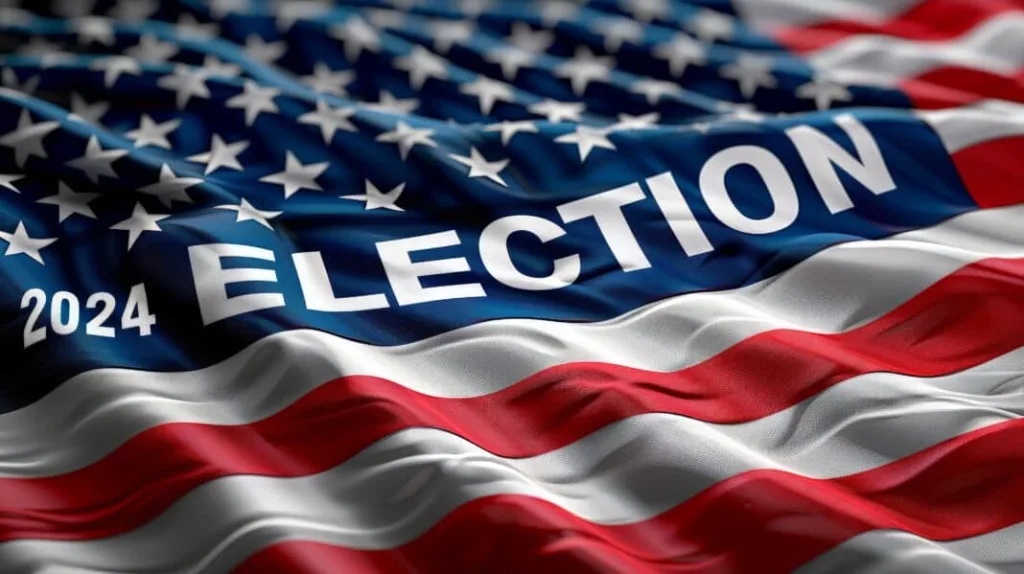
The Justice Department’s ability to monitor local jurisdictions for voting rights irregularities on Election Day, already curtailed by the Supreme Court, is facing a new hurdle: opposition from Republicans who are seeking to block federal authorities from polling sites.
The U.S. government has regularly dispatched hundreds of monitors to voting locations in blue, red and swing states, aiming to protect ballot access, discourage improper partisan influence and act as a moderating force on political campaigns.
While the Justice Department has the legal right to request access to polling sites, inflamed partisanship and ideological extremism have contributed to greater resistance to such activities in some GOP-controlled states, legal experts said.
Poll watchers, sometimes referred to as “election observers,” – as defined by law – as individuals who may observe steps in the election process. Each state has its own laws and procedures on when and where observers can be present, as well as who can observe the election. Poll watchers may be members of organizations such as a political party or nonpartisan group, candidate representatives, international observers, exit polling groups, academics or relevant federal and state agencies.
In South Dakota law, any candidate, party, or ballot question committee may have poll watchers present at a polling place for the purpose of observing the voting and counting process. Members of the public may observe the voting and counting process at any polling location in a manner that does not interfere with the duties of the poll workers or poll watchers. What is not allowed is the Department of Justice to act as a poll watcher.
U.S. Attorney Allison Ramsdell Ramsdell said the DOJ regularly deploys its staff to monitor for compliance with federal civil rights laws in elections in communities all across the country. She also noted that the Civil Rights Division personnel would be available all day to receive questions and complaints from the public related to possible violations of federal voting rights laws.
